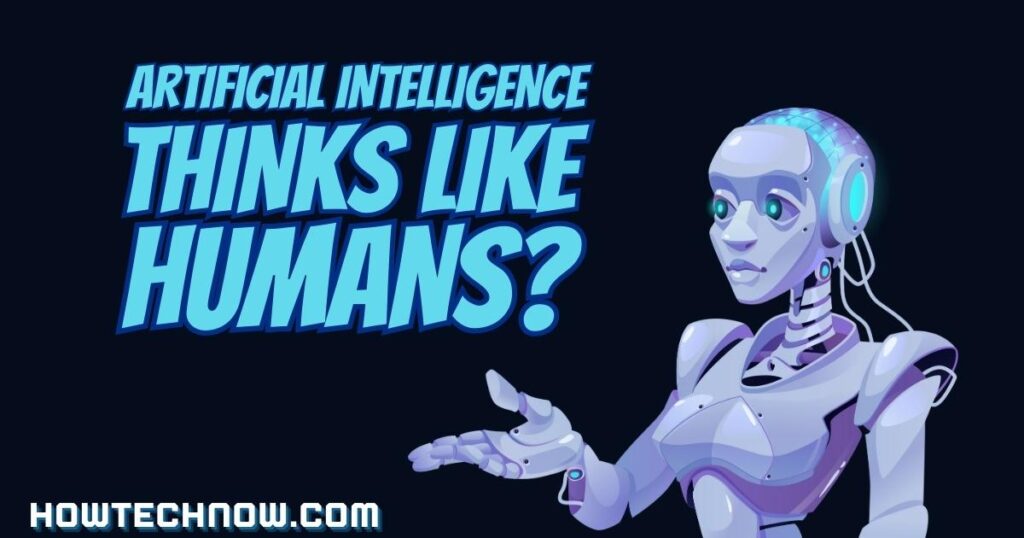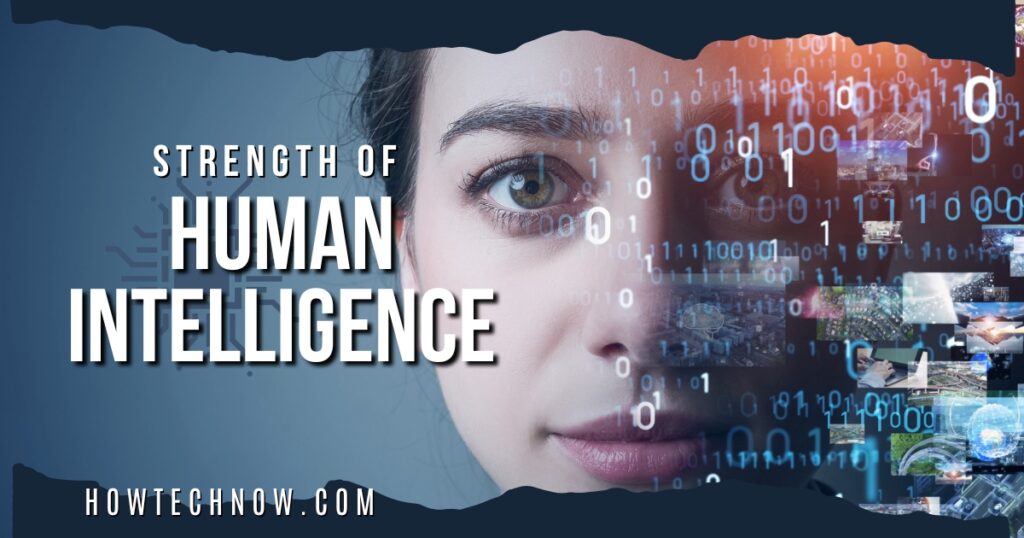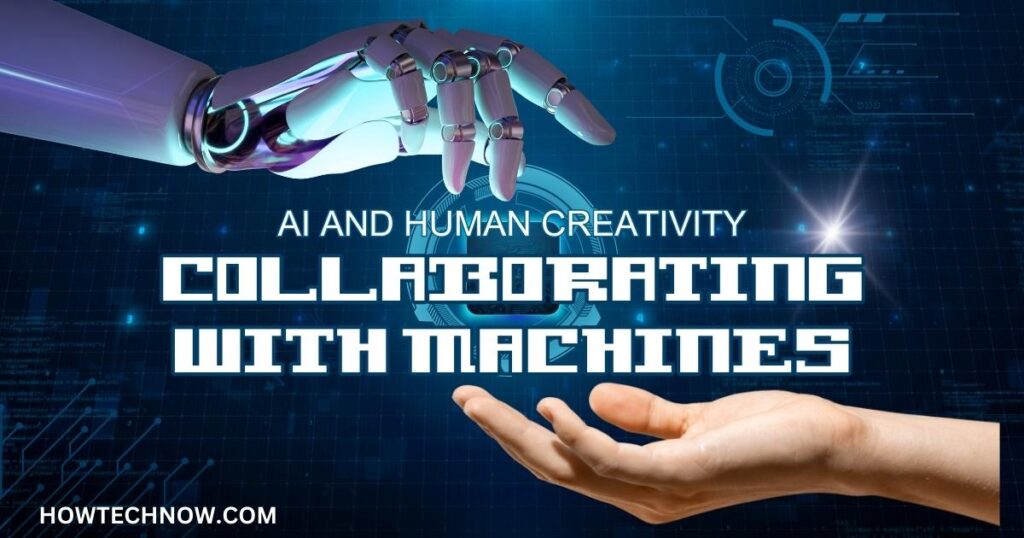In this blog post, we will explore the key differences between human and Artificial intelligence, and discuss which type of intelligence is better suited for different tasks. We will also discuss the future of human and AI intelligence, and how they can work together to solve problems and make the world a better place.
Table of Contents
What is intelligence?
Intelligence is a complex concept that has been studied by philosophers and scientists for centuries. There is no single definition of intelligence, but it is generally understood to be the ability to learn, understand, and reason. It is the ability to solve problems and make decisions.
The difference between human and AI intelligence

Human intelligence is based on the brain’s ability to learn and adapt. The brain is a complex organ that is made up of billions of neurons. These neurons are constantly communicating with each other, forming new connections and pathways. This allows the brain to learn new things and adapt to new situations.
AI intelligence is based on algorithms that are programmed to perform specific tasks. These algorithms are typically based on statistics or machine learning. They can be used to solve problems that are too complex or time-consuming for humans to solve.
The strengths of human intelligence

Human intelligence has a number of strengths that AI intelligence does not have. These strengths include:
Creativity
Humans are naturally creative. We can come up with new ideas and solutions to problems. This is because our brains are able to make connections between different concepts and ideas. We can also see patterns that others might not see. This creativity is essential for innovation and problem-solving.
For example, humans have been able to come up with new ideas for art, music, literature, and technology. We have also been able to solve complex problems, such as developing new medicines and finding new ways to generate energy.
Intuition
Humans also have intuition. This is the ability to make good decisions based on gut feelings. Intuition is often based on our past experiences and our understanding of the world. It can also be based on our emotions.
For example, humans often have a gut feeling about whether or not someone is trustworthy. We can also have a gut feeling about whether or not a decision is the right one. This intuition can be very helpful in making decisions, especially when there is not enough information to make a logical decision.
Emotional intelligence
Humans are also emotionally intelligent. This means that we can understand and respond to our own emotions, as well as the emotions of others. This emotional intelligence is essential for building relationships, resolving conflicts, and making good decisions.
For example, humans can recognize when someone is feeling sad or angry. We can also respond to these emotions in a way that is helpful and supportive. This emotional intelligence can help us to build strong relationships and resolve conflicts peacefully.
Adaptability
Finally, humans are adaptable. We can learn new things and adapt to new situations. This adaptability is essential for surviving in a changing world.
For example, humans have been able to adapt to different climates, different cultures, and different technologies. We have also been able to adapt to new challenges, such as pandemics and natural disasters.
These are just a few of the strengths of human intelligence. As you can see, human intelligence is a complex and multifaceted thing. It is not just about being able to solve problems and make decisions. It is also about being creative, intuitive, and emotionally intelligent. These strengths are essential for our survival and our success.
The strengths of AI intelligence
AI intelligence also has a number of strengths that human intelligence does not have. These strengths include:
- Speed: AI is much faster than humans at processing information and making decisions.
- Accuracy: AI is more accurate than humans at performing repetitive tasks.
- Scalability: AI can be scaled up to handle large amounts of data and complex tasks.
- Reproducibility: AI can be reproduced to produce the same results every time.
Which type of intelligence is better?
The answer to this question depends on the task at hand. For tasks that require creativity, intuition, or emotional intelligence, human intelligence is often better. For tasks that require speed, accuracy, scalability, or reproducibility, AI intelligence is often better.
As you can see, both human and AI intelligence have their own strengths and weaknesses. The best type of intelligence for a particular task depends on the specific requirements of that task.
For example, if you need to come up with a new marketing campaign, human intelligence would be better suited for the task. Humans are naturally creative and can come up with new ideas that AI would not be able to generate. However, if you need to process a large amount of data quickly and accurately, AI would be better suited for the task. AI is much faster than humans at processing information and can make accurate predictions based on large datasets.
In the future, we are likely to see greater collaboration between humans and AI. As AI becomes more sophisticated, it will be able to perform more tasks that are currently done by humans. However, AI will never be able to replace human intelligence entirely. Humans will still be needed to provide creativity, intuition, and emotional intelligence.
The future of human and AI intelligence

In the future, we are likely to see greater collaboration between humans and AI. As AI becomes more sophisticated, it will be able to perform more tasks that are currently done by humans. However, AI will never be able to replace human intelligence entirely. Humans will still be needed to provide creativity, intuition, and emotional intelligence.
Conclusion:
Human and AI intelligence are two very different types of intelligence, each with its own strengths and weaknesses. In the future, we are likely to see greater collaboration between humans and AI, as each type of intelligence can complement the other. This will lead to new and innovative ways of solving problems and making decisions.
You might also like
What Will Happen if Robots Take Over the World?
